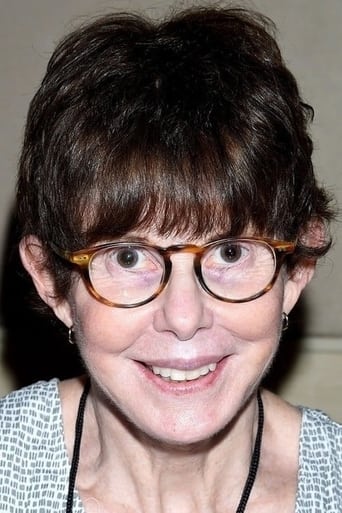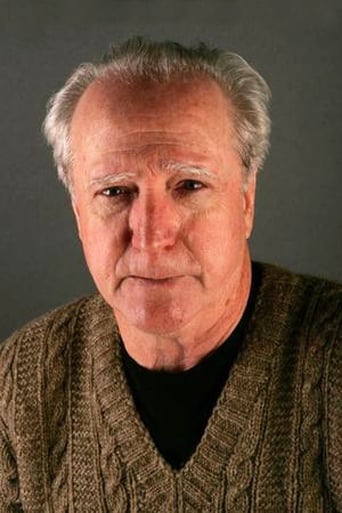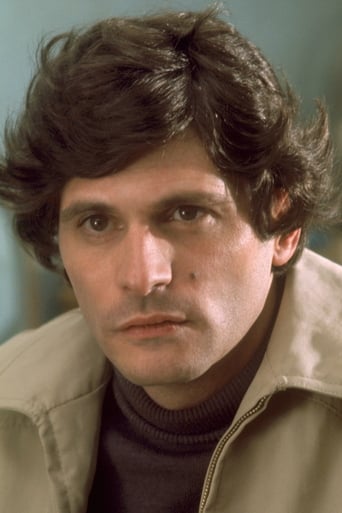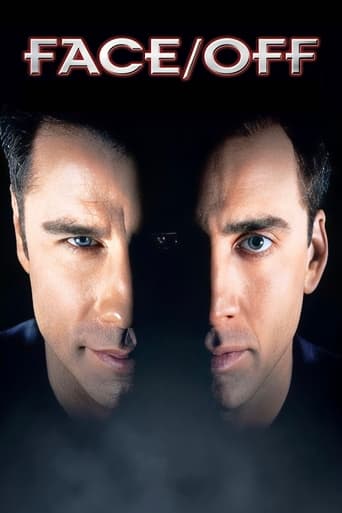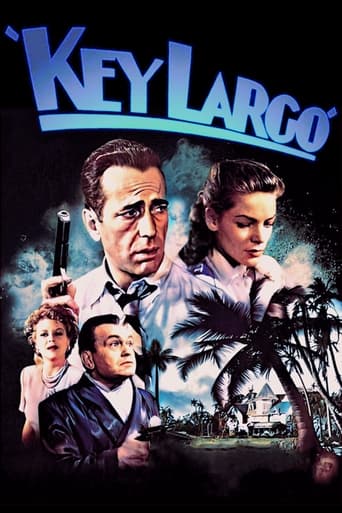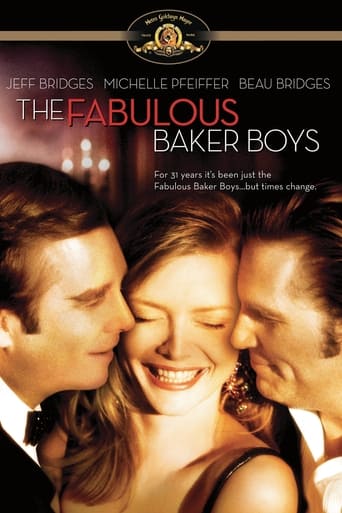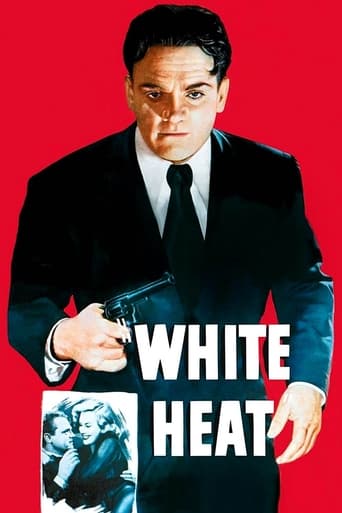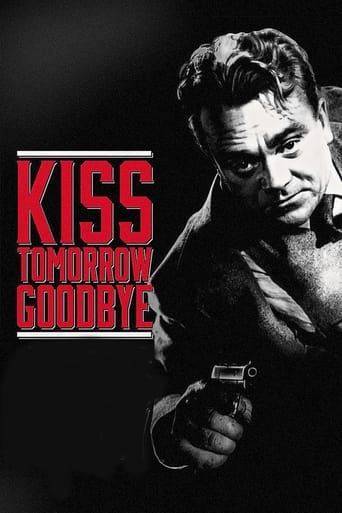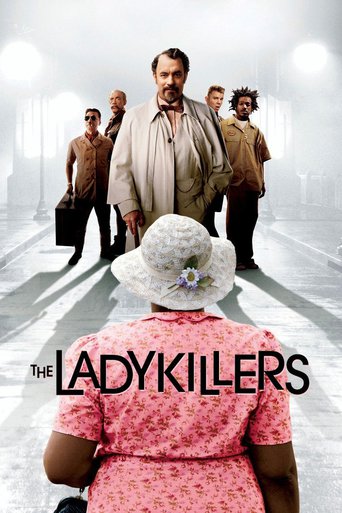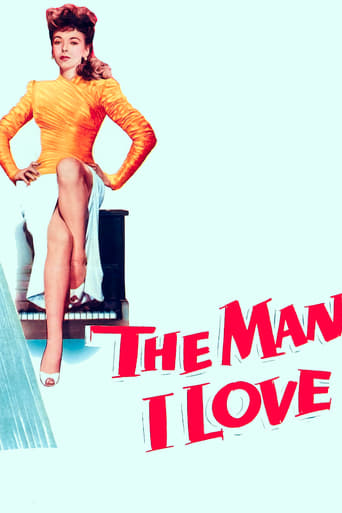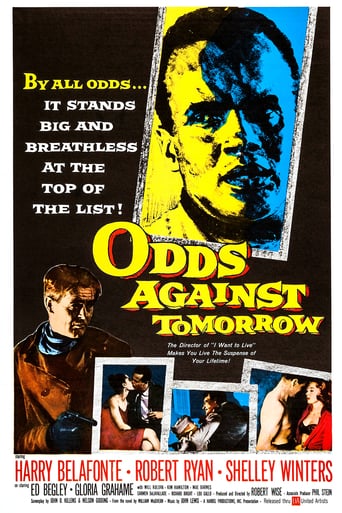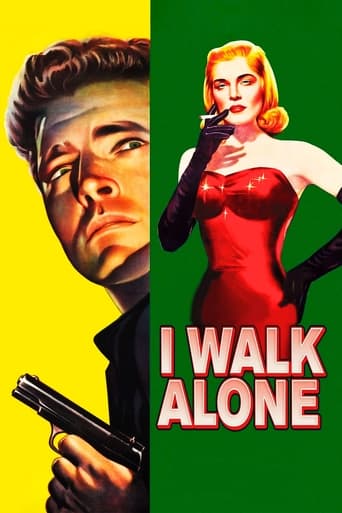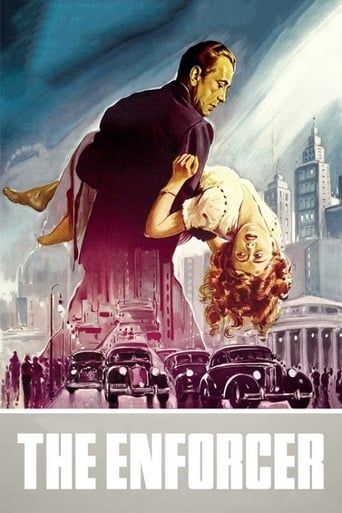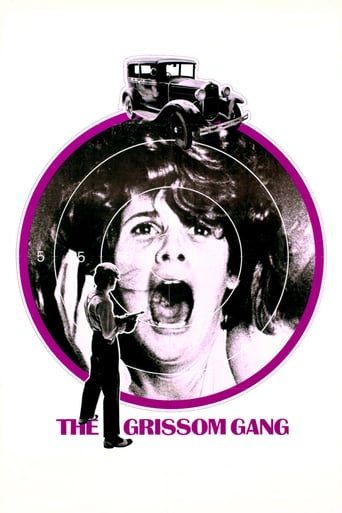
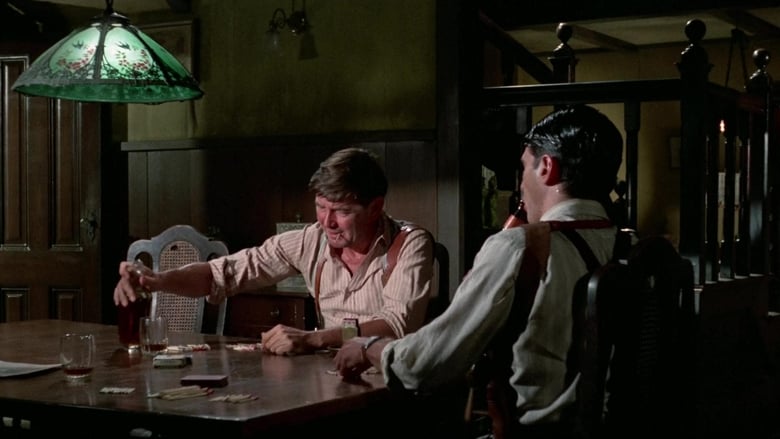
The Grissom Gang (1971)
The Grissom Gang is a remake of the notorious 1949 British melodrama No Orchids For Miss Blandish. Kim Darby plays a 1920s-era debutante who is kidnapped and held for ransom. Her captors are the Grissoms, a family comprised of sadists and morons, and headed by Ma Barker clone Irene Dailey. One of the Grissoms, played by Scott Wilson, takes a liking to his prisoner, which results in a bloody breakdown of the family unit. Both The Grissom Gang and the original No Orchids For Miss Blandish were inspired by the best-seller by James Hadley Chase, though neither film retains Chase's original ending.
Watch Trailer
Cast


Similar titles
Reviews
Pretty Good
Expected more
Crappy film
By the time the dramatic fireworks start popping off, each one feels earned.
The word subtle would not come to mind while describing "The Grissom Gang". What would come to mind is the phrase "over the top". The movie seems excessive in both it's violence and length. Shoot first, and never consider any consequences, is the gang's mode of operation. Almost everything seems to revolve around "Ma Grissom", a frightful Mother, played to bone chilling perfection by Irene Dailey. Occasional dark humor breaks the violence, but ultimately this is more a character study of a dysfunctional family, and none of the characters including the kidnapped heiress and her monstrous Father, are remotely likable. - MERK
The 1930's. Spoiled and snotty wealthy heiress Barbara Blandish (superbly played to prissy perfection by Kim Darby) gets abducted by a vicious family of depraved and dangerous outlaws. Complications ensue when the infantile, yet lethal and volatile Slim Grissom (a remarkable performance by Scott Wilson) falls for Barbara. Barbara soon realizes that she will have to do whatever it takes to stay alive. Director Robert Aldrich, working from a tough and biting script by Leon Griffiths, expertly maintains a tense and sordid atmosphere throughout, offers a vivid, grimy and credible evocation of the bleak and desperate Depression era, stages the sporadic shoot-outs and startling outbursts of raw, bloody violence with his customary flair, and further spices things up with a wickedly funny sense of pitch-black humor. Moreover, Aldrich and Griffiths score bonus points for their admirable refusal to either sanitize or romanticize the clan of ferocious and frightening criminals in any way; these folks are truly mean, scary and even downright grotesque. The thespians who portray this ghastly bunch all do sterling work: Tony Musante as smooth heel Eddie Hagan, Irene Dailey as fearsome, venomous matriarch Gladys "Ma" Grissom, Joey Faye as the jolly Woppy, Ralph Waite as the excitable Mace, and Don Keefer as the timid, laid-back Doc. Contributing equally fine supporting turns are Robert Lansing as shrewd, weary private eye Dave Fenner, Connie Stevens as brassy, cynical, dim-witted tramp singer Anna Borg, and Wesley Addy as Barbara's cold, disapproving millionaire father John P. Blandish. Better still, we've also got a strangely touching, albeit off-kilter central love story amid all the stark cruelty and unsparing unpleasantness. Gerald Fried's sprightly, rousing score, a jaunty soundtrack of vintage catchy 30's swing tunes, Joseph F. Biroc's sharp, polished cinematography, and the devastating downbeat ending all further enhance the overall sound quality of this supremely harsh, but still gripping and satisfying crime saga.
a better Patty Hearst movie than the ones actually made about Patty Hearst. not quite up there with the likes of Bonnie and Clyde and Thieves Like Us, but definitely worth seeing as an example of the 1970's ambivalence about anti-social characters and crime. the reviews make quite a big deal about the violence but you will hardly notice it--a great deal of shooting, some of that orange glop they used in the 1970s, but hardly emotionally wrenching like, say, The Wild Bunch or Texas Chainsaw Massacre...great performance by Scott Wilson who shows up on TV a lot these days.
A wealthy society girl is kidnapped by small-time hoodlums who are bushwhacked in their turn by a bigger, meaner gang. During her ordeal as a captive, Miss Blandish 'does what she has to, to stay alive'.The 1939 novel "No Orchids For Miss Blandish" is the source for this film. In its time, the book was attacked (not least by George Orwell) for being a work of prurient, sadistic pornography. The film remains faithful to the original in that it deals enthusiastically in squalor, cruelty and sexual incontinence.In the sweaty, malodorous world of the 1930's criminal underclass, the crooks show no mercy to those who fall into their clutches and expect no quarter for themselves. The rich are no moral paragons, either. They behave boorishly at social functions, and John Blandish regards his daughter as a piece of property, losing interest in her when he realises that she has become 'soiled goods'.Prohibition is shown to be the root of the nation's ills. Outlawing alcohol leads to excessive consumption, enriches the criminals and contributes to a feverish atmosphere of self-indulgence.The action is set in the empty, impoverished MidWest of the Depression. These small-time criminals cannot even lay claim to the dubious glamour of the Chicago gangsters. This is the world of Bonnie and Clyde rather than Capone and Luciano, and indeed the film owes much to Warren Beatty's groundbreaking "Bonnie and Clyde", made two years earlier.Kim Darby gives a towering performance as Barbara Blandish. The role could hardly be more radically different from her first starring part, two years previously, as the asexual Mattie in "True Grit". She triumphs as the "uppety little bitch" who learns gradually and painfully that if she is to cling to life, she is going to have to descend to the gutter. Barbara grows as a person by virtue of the suffering she undergoes.The other truly outstanding performance is that of Scott Wilson as Slim, the lecherous simpleton. Wilson is terrific in the role of the feeble-witted knifeman who gets turned on by killing people, but who remains in essence a child. Slim forms an attachment to Miss Blandish, and is ennobled by this hopeless, wrongheaded love affair. When he first makes sexual advances towards her, she rejects him in horror "because you're odious". Eventually, she comes to see the good in Slim, and Wilson gives his character a vulnerability and a yearning to outgrow his limitations which ultimately make the "cretinous halfwit" a sympathetic character.In this nasty world of lowlifes and hustlers where men are gunned down and left to die in urinal troughs, David Fenner (Robert Lansing) is a tough and astute investigator who can more than hold his own against the bad guys. Scamming the scammers, he finally tracks down the kidnappers much more efficiently than the police are able to. Played by Lansing with an amusing tongue-in-cheek gravitas, Fenner is the one untarnished hero in the whole film.Connie Stevens camps it up in delightful self-parody as Anna Berg, the classic dumb blonde speakeasy singer, the moll who's always teetering on the verge of prostitution. Eddie is played by Tony Musante as an impressive study in charming, but heartless, villainy. Eddie exploits Anna, murders potential witnesses and torments the slow-witted Slim, all without the vestige of a scruple.Ma Grissom (Irene Dailey) is the ugly-natured mastermind who runs the shabby little gang. She gives her captive debutante a horrible beating for trying to escape, and her whole existence is mean and joyless, but she attains a kind of decency in the final bulletfest.As the film draws to a close, it is not clear whether Miss Blandish has grown to love her tormentor, or merely to pity him. This is a satisfying conclusion. Open love would be too easy and sentimental. We are left pondering whether sex and love are distinct experiences, and marvelling that tenderness can flourish in this unpromising terrain.


